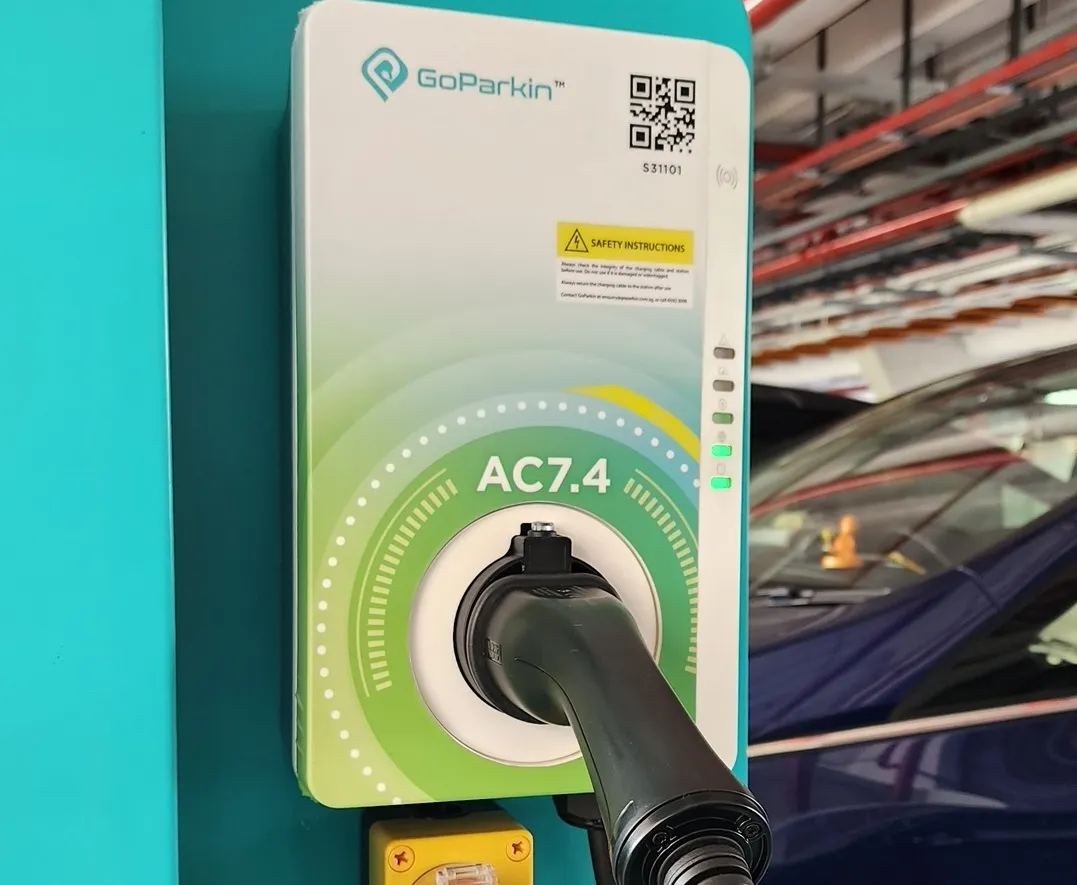Volkswagen of America is this month starting a pilot scheme to test 20 prototype E-Golf battery electric vehicles (BEVs) over a nine-month period in the US in Detroit Metro, San Francisco, and Washington D.C. markets. Twelve of the E-Golf BEVs, will be allocated to selected Volkswagen employees during the time period. By studying E-Golf use across multiple geographical regions, Volkswagen will monitor the effect of climate conditions, driving patterns, and energy performance; the data and insights gained du
April 13, 2012
Read time: 2 mins
Twelve of the E-Golf BEVs, will be allocated to selected Volkswagen employees during the time period. By studying E-Golf use across multiple geographical regions, Volkswagen will monitor the effect of climate conditions, driving patterns, and energy performance; the data and insights gained during the scheme will be used in the final development of future EV technology applications. In addition to testing the vehicle itself, users will also test specific services designed for the E-Golf. For example, 220-volt charging stations will be installed at the employees’ homes to charge the vehicles.
“During this test we will examine in detail all the technical and administrative aspects of typical consumers using electric vehicles on an everyday basis,” said Dr Rudolf Krebs, executive vice president and head of Volkswagen Group E-Traction. “For a successful market launch of electric vehicles, the way that home chargers are handled is very important, along with easy access to public charging infrastructure. For the US, we also have to recognise the specific legal regulations as well as the different characteristics of the electricity supply: both the reduced 110-volt mains supply and the type of charging plugs.”










